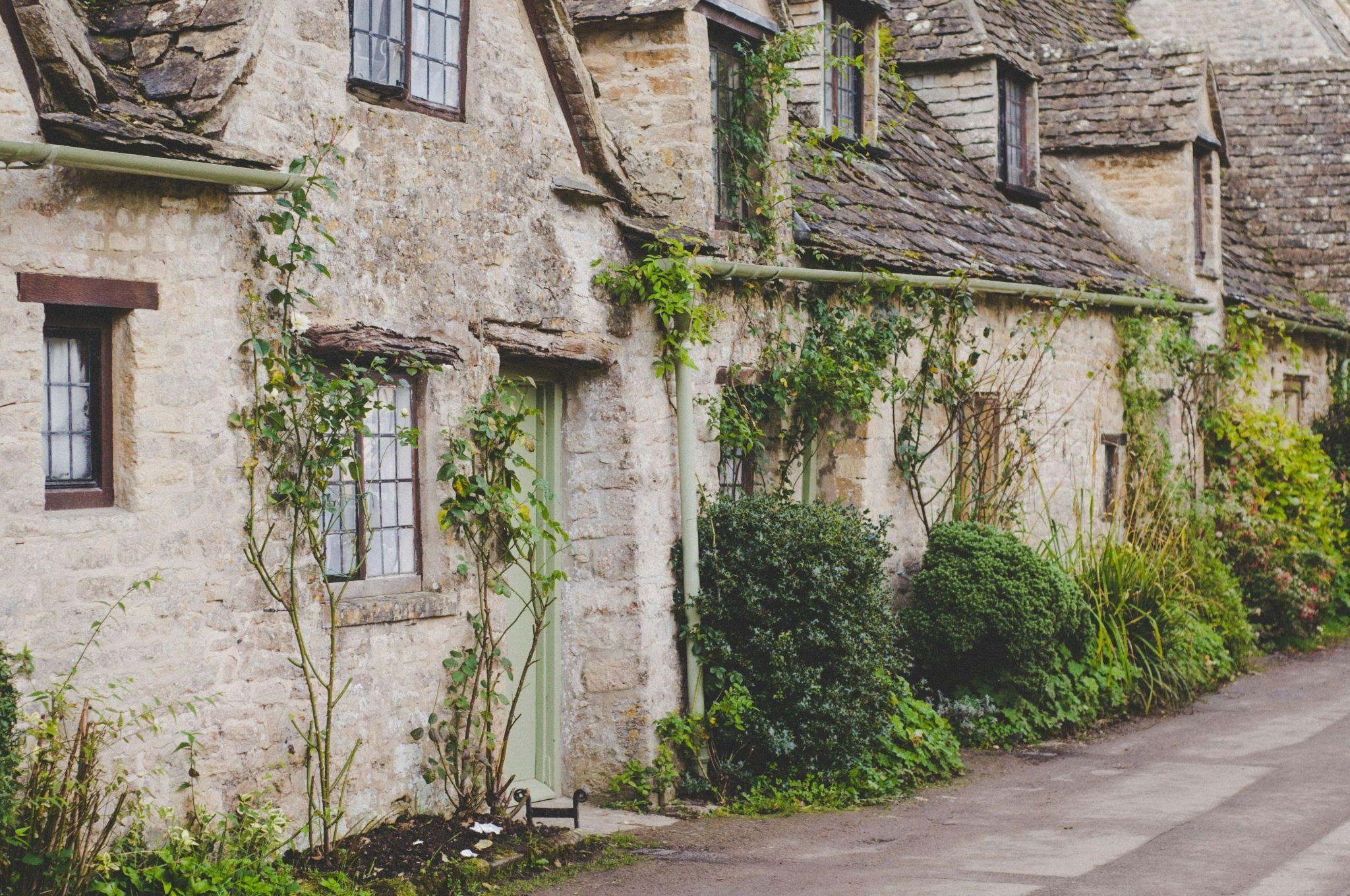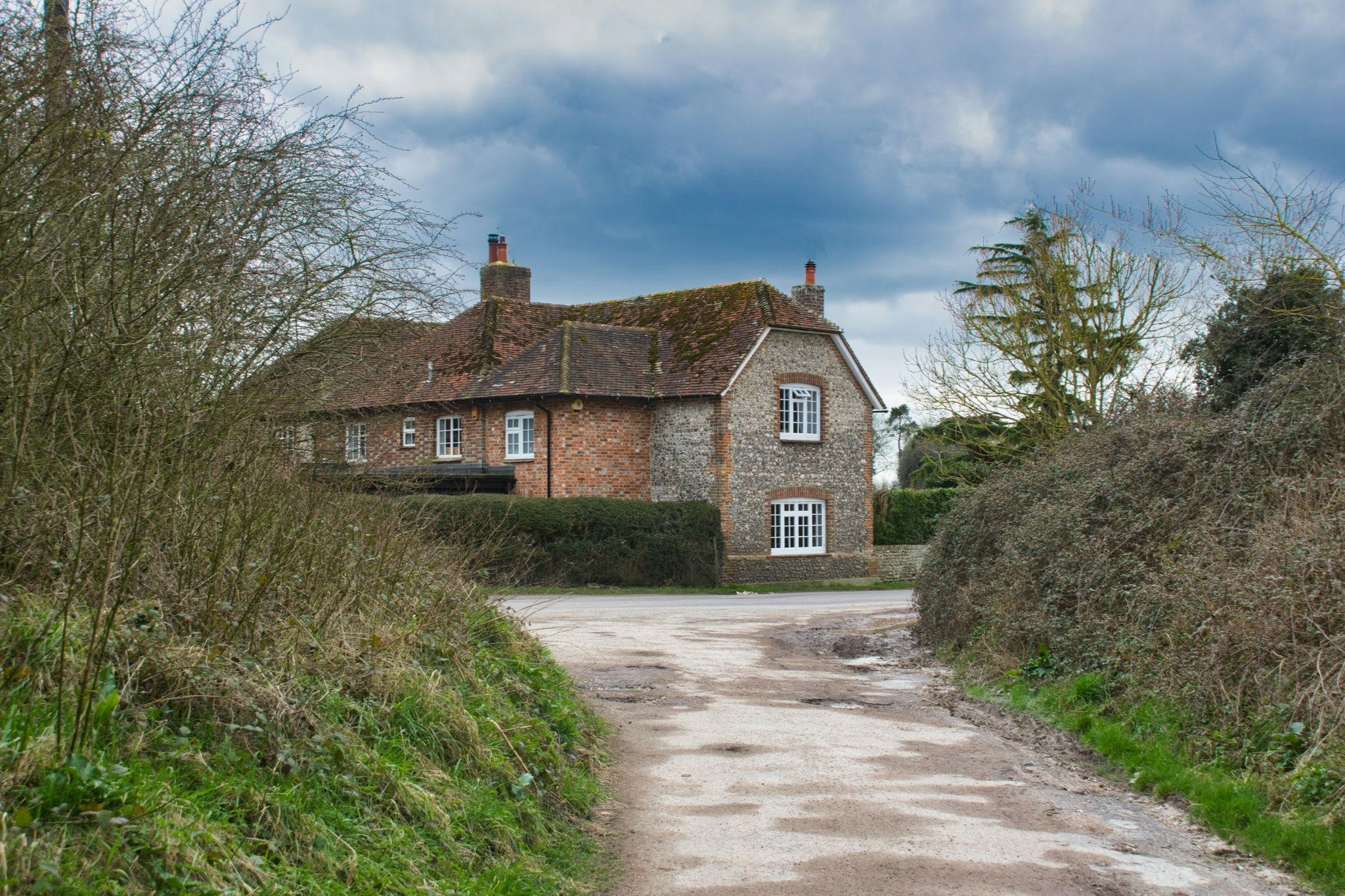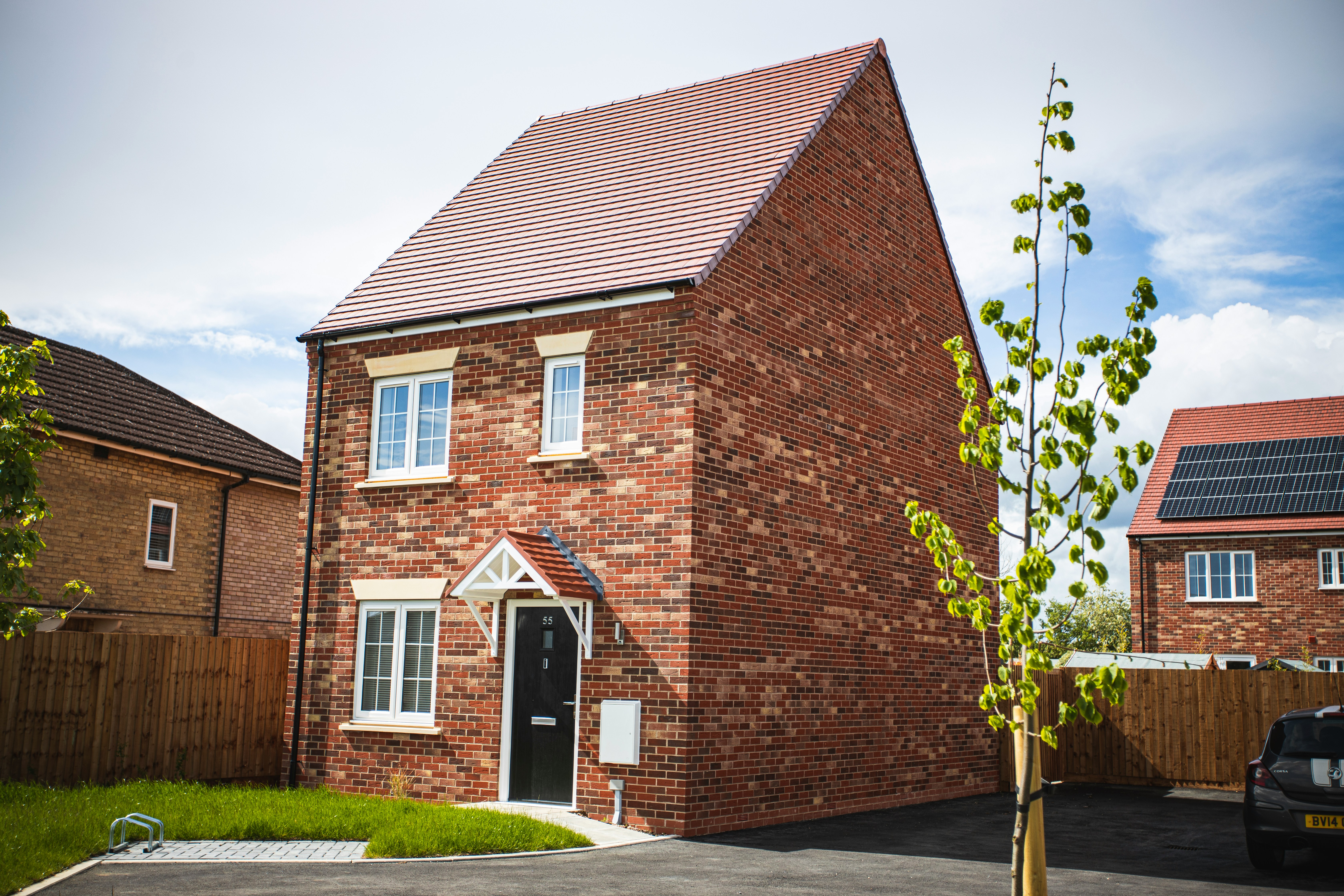Understanding the different types of home buyers is crucial when it comes to navigating the real estate market. Whether you are a first-time buyer or a second-time buyer, each category has its own unique set of criteria, qualifications, and considerations. By understanding these differences, you can better prepare yourself for the home buying process and make informed decisions that align with your goals and financial situation.
Defining a First-Time Home buyer
A first-time home buyer is typically defined as someone who has never owned a home before. This means that if you have previously owned a home, even if it was many years ago, you may not qualify as a first-time home buyer. The criteria for being classified as a first-time home buyer can vary depending on the specific programs or incentives you are looking to take advantage of. However, in general, if you have not owned a principal residence within the past three years, you may be considered a first-time home buyer.
Being a first-time home buyer comes with certain qualifications and benefits. For example, many government programs and incentives are specifically designed to assist first-time buyers in achieving homeownership. These programs often offer lower down payment requirements, reduced interest rates, or even grants to help cover closing costs. Additionally, being a first-time buyer can give you access to special loan programs that are tailored to your needs and financial situation.
Defining a Second-Time Home buyer
A second-time home buyer is someone who has previously owned a home and is now looking to purchase another one. This could be due to a variety of reasons, such as upsizing or downsizing, relocating for work, or simply wanting a change of scenery. Second-time home buyers often have more experience in the real estate market and may have a better understanding of what they are looking for in a home.
One of the key characteristics that sets second-time home buyers apart from first-time buyers is their previous experience with homeownership. They have already gone through the process of buying a home, so they may be more familiar with the steps involved and the potential challenges that can arise. This experience can give them an advantage when it comes to negotiating, understanding contracts, and navigating the overall home buying process.
Another factor that distinguishes second-time home buyers is their reasons for purchasing a second home. While first-time buyers are typically focused on achieving homeownership for the first time, second-time buyers often have different motivations. They may be looking to upgrade to a larger home to accommodate a growing family, downsize to a smaller home now that their children have moved out, or purchase a vacation home or investment property. These varying motivations can influence their decision-making process and the features they prioritise in their next home.
Financial Considerations
When it comes to financial considerations, first-time and second-time home buyers face different challenges and advantages. For first-time buyers, one of the main challenges is saving for a down payment. Many first-time buyers may not have substantial savings or equity from a previous home sale to put towards their down payment, making it more difficult to meet the typical 20% down payment requirement. However, there are programs and loan options available that allow for lower down payments, such as FHA loans or down payment assistance programs.
On the other hand, second-time home buyers may have the advantage of equity from their previous home sale. This equity can be used towards the down payment on their next home, potentially reducing the amount of money they need to borrow. Additionally, second-time buyers may have a better understanding of their financial situation and what they can afford, as they have already gone through the process of budgeting for a mortgage and other homeownership expenses.
Regardless of whether you are a first-time or second-time home buyer, it is important to carefully manage your finances during the home buying process. This includes reviewing your credit score, paying off any outstanding debts, and creating a budget to ensure that you can comfortably afford your mortgage payments and other homeownership expenses. It is also advisable to get pre-approved for a mortgage before starting your home search, as this will give you a better idea of how much you can afford and make you a more competitive buyer.
Mortgage Options
When it comes to mortgage options, both first-time and second-time home buyers have a variety of choices available to them. For first-time buyers, there are specific loan programs designed to assist them in achieving homeownership. These programs often offer lower down payment requirements and more flexible credit score requirements. Some common mortgage options for first-time buyers include FHA loans, VA loans (for eligible veterans and active-duty military personnel), and USDA loans (for properties located in rural areas).
Second-time home buyers also have access to these loan programs, but they may also have additional options available to them. For example, if they have substantial equity from their previous home sale, they may be able to use a cash-out refinance or a home equity loan to finance their next purchase. Additionally, second-time buyers may have a better credit score and financial profile, which can make them eligible for more competitive interest rates and loan terms.
When comparing mortgage options, it is important to consider factors such as interest rates, loan terms, and closing costs. It is also advisable to shop around and get quotes from multiple lenders to ensure that you are getting the best deal possible. Working with a mortgage broker or loan officer can also be helpful, as they can guide you through the process and help you find the right mortgage option for your needs.
Home buying Process
The home buying process can vary depending on whether you are a first-time or second-time buyer. For first-time buyers, the process can often feel overwhelming and unfamiliar. It typically starts with getting pre-approved for a mortgage, which involves submitting financial documents and undergoing a credit check. Once pre-approved, first-time buyers can start their home search, working with a real estate agent to find properties that meet their criteria.
Once a first-time buyer finds a home they are interested in, they will need to make an offer and negotiate with the seller. This can be a nerve-wracking process, as first-time buyers may not have experience with negotiating or understanding the intricacies of real estate contracts. However, with the guidance of their real estate agent and possibly an attorney, first-time buyers can navigate this process successfully.
For second-time buyers, the home buying process may be more familiar, but it still requires careful planning and consideration. Second-time buyers may have the advantage of already having a real estate agent they trust or having experience with negotiating and understanding contracts. However, they may also face additional challenges, such as selling their current home before purchasing a new one or coordinating the timing of their move.
Regardless of whether you are a first-time or second-time buyer, it is important to be prepared and organised throughout the home buying process. This includes having all necessary documents ready, staying on top of deadlines, and conducting thorough inspections and due diligence before finalising the purchase. Working with a knowledgeable real estate agent can also be beneficial, as they can guide you through the process and provide valuable advice and insights.
Mortgages the Modern Way
We are on a mission to become the UK's leading Mortgage and Protection Broker, helping home buyers and remortgagers find, secure and track the perfect offer.
Homeownership Goals
When it comes to homeownership goals, first-time and second-time buyers often have different priorities and motivations. For first-time buyers, the main goal is typically to achieve homeownership and establish a sense of stability and security. They may be looking for a home that meets their current needs, such as proximity to work or good schools, and has the potential for future growth.
Second-time buyers, on the other hand, may have different goals depending on their individual circumstances. Some second-time buyers may be looking to upgrade to a larger home to accommodate a growing family or to take advantage of increased equity from their previous home sale. Others may be looking to downsize to a smaller home now that their children have moved out or to simplify their lifestyle. Some second-time buyers may also be interested in purchasing a vacation home or investment property as a way to diversify their assets or generate rental income.
It is important for both first-time and second-time buyers to set realistic goals when purchasing a home. This includes considering factors such as budget, location, and future plans. It can be helpful to make a list of your must-haves and nice-to-haves in a home, as well as your long-term goals for homeownership. This will help you prioritise your needs and make informed decisions that align with your overall objectives.
Location, Location, Location
Location is one of the most important factors to consider when purchasing a home, regardless of whether you are a first-time or second-time buyer. For first-time buyers, choosing the right location is crucial as it can impact their daily commute, access to amenities, and the potential for future growth. First-time buyers often prioritise proximity to work, good schools, and public transportation when choosing a location.
Second-time buyers may have different considerations when it comes to location. They may be more flexible in terms of commuting distance or school districts, as their priorities may have shifted since their first home purchase. Second-time buyers may also be more focused on finding a location that aligns with their long-term goals, such as retirement or lifestyle preferences. For example, they may be looking for a location with a lower cost of living, access to outdoor activities, or a strong sense of community.
When choosing a location, it is important to consider factors such as safety, proximity to amenities, and the potential for future appreciation in property value. It can also be helpful to research the local real estate market and trends in the area you are considering. Working with a knowledgeable real estate agent who is familiar with the local market can also provide valuable insights and guidance.
Home Features
The features and amenities that home buyers prioritise can vary depending on whether they are first-time or second-time buyers. For first-time buyers, affordability and functionality are often key considerations. They may be looking for a home that meets their immediate needs and has the potential for future growth. Common features desired by first-time buyers include open floor plans, updated kitchens and bathrooms, ample storage space, and energy-efficient appliances.
Second-time buyers may have different feature preferences based on their previous homeownership experience and changing needs. For example, they may be looking for a larger home with more bedrooms and bathrooms to accommodate a growing family or visiting guests. They may also prioritise features such as a backyard or outdoor space for entertaining or a home office for remote work.
It is important for both first-time and second-time buyers to prioritise their feature preferences and make a list of must-haves and nice-to-haves. This will help guide your home search and ensure that you are focusing on properties that meet your needs. It is also important to be flexible and open to compromise, as it is unlikely that you will find a home that has every single feature on your wish list.
Conclusion
In conclusion, understanding the different types of home buyers is essential when it comes to making informed decisions and navigating the real estate market. Whether you are a first time or second-time buyer, each category has its own unique set of criteria, qualifications, and considerations. By understanding these differences, you can better prepare yourself for the home buying process and ensure that you are making choices that align with your goals and financial situation.
As a first-time buyer, it is important to familiarise yourself with the qualifications and benefits available to you. Take advantage of government programs and incentives designed to assist first-time buyers in achieving homeownership. Be prepared to face financial challenges, such as saving for a down payment, and carefully manage your finances throughout the home buying process.
If you are a second-time buyer, leverage your previous homeownership experience to your advantage. Use the equity from your previous home sale to potentially reduce the amount of money you need to borrow for your next purchase. Consider your reasons for purchasing a second home and how they may influence your decision-making process.
Regardless of whether you are a first-time or second-time buyer, carefully consider your financial situation, mortgage options, and homeownership goals. Take the time to research different locations and prioritise the features that are most important to you. Work with a knowledgeable real estate agent who can guide you through the process and provide valuable insights.
By understanding the different types of home buyers and considering these factors, you can make the right decision when purchasing your next home. Remember, buying a home is a significant investment and a major life decision. Take your time, do your research, and seek professional advice when needed. With careful planning and consideration, you can find the perfect home that meets your needs and aligns with your goals.
Key Takeaways
- First-time home buyers are those who have never owned a home before and may qualify for special programs and incentives.
- Second-time home buyers are those who have previously owned a home and may have different financial considerations and goals.
- Financial considerations for first-time home buyers may include saving for a down payment and building credit, while second-time home buyers may have equity from a previous home to use towards a down payment.
- Mortgage options for first-time home buyers may include FHA loans and other government backed programs, while second-time home buyers may have more options and flexibility.
- The home buying process may differ for first-time and second-time buyers, with first-time buyers needing more guidance and education, while second-time buyers may have more experience and knowledge.









